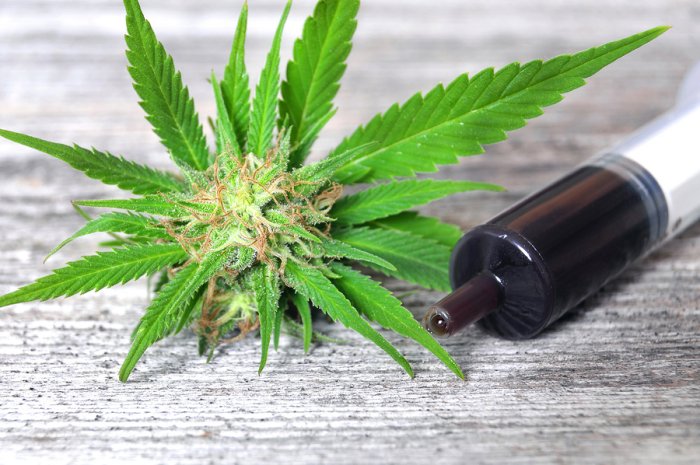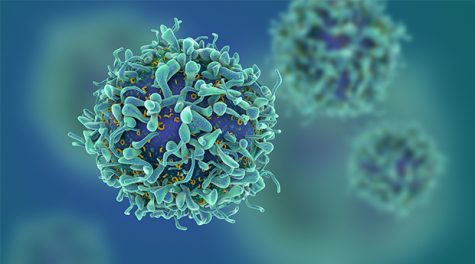Cannabis studies: What have we learned from science so far this year?
Cannabis research is being undertaken on a constant basis, and what we’ve learned about the plant thus far is quite astonishing.
Studies on the green plant have revealed a profusion of therapeutic benefits. From its suitability as a natural treatment for diseases like cancer to its potential as a non-addictive epilepsy medicine, new medical cannabis research is emerging all of the time.
If you’ve been staying abreast of cannabis industry news, take a moment to remind yourself of what scientists have unearthed in 2018 so far.
Cannabis could safely and effectively treat elderly patients with pain
(Published February 2, 2018)
A growing number of people aged 65 and above are using cannabis to treat pain. Based on the findings of a survey conducted on 900+ medical cannabis patients in Israel, 93.7 percent reported an improvement in their symptoms after six months of cannabis consumption.
Among the patients who participated in the study, 75 percent had no previous experience using cannabis. This indicates how cannabis could effectively manage pain in elderly patients; even those who have never used cannabis before. Although THC-rich strains were used the most for this study on cannabis for pain, strains containing a high percentage of CBD (the non-psychoactive cannabinoid, also known as cannabidiol) were also used.
Based on a scale of one to 10, the average pain reduction dropped from eight to four. As a result, 15 percent of study subjects completely stopped using opioids for pain relief. The outcome of this cannabis research study tells us that cannabis could be an effective pain-relieving solution for opioid users who wish to substitute over-the-counter medication for natural cannabis-based treatments.

CBD shields brains from iron overload, which causes aging
(Published March 5, 2018)
The human body and brain naturally develop minerals throughout the course of your life. While this process might be normal, health problems may arise if levels are too high. Iron build-up is an example of abnormal mineral accumulation. It may even trigger brain aging diseases, such as Parkinson’s disease and Alzheimer’s.
An overload of iron could also hinder cell function and cause disruptions in DNA. Brain cell function is impaired as a result. The good news is that cannabis could shield the brain from neurodegenerative aging diseases.
Brain Research Bulletin published a study on CBD, revealing how the non-psychoactive cannabinoid was capable of protecting the brain from accumulating iron and preventing iron from negatively influencing the mitochondrial DNA. This study on cannabis for aging brain diseases supports the preventative use of CBD against iron overload.
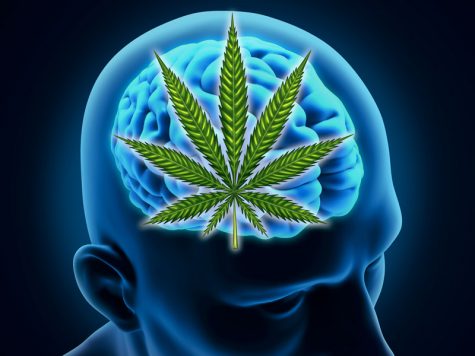
THC and CBD could prevent colorectal cancer
(Published January 1, 2018)
Cannabis is commonly used by patients with cancer-related symptoms, such as nausea, appetite loss, and pain. Scientific research on cannabis’ main active compounds, THC (tetrahydrocannabinol) and CBD (cannabidiol), was published at the beginning of this year, exposing these cannabinoids for their potential anti-cancer effects.
A group of Australian scientists tried (and succeeded) to prove how colon cancer-related tumor growth can be suppressed when the CB1 receptor is activated. The GPR55 receptor, on the other hand, displayed tumor-promoting effects.
THC is used to activate the CB1 receptor, whereas GPR55 is a target of CBD. The non-psychoactive compound effectively blocked GPR55 receptor activation in this study; an exciting thought, considering the fact GPR55 activity contributes to tumor growth.
To sum up, both THC and CBD could stop tumor growth and therefore prevent colon cancer from spreading.
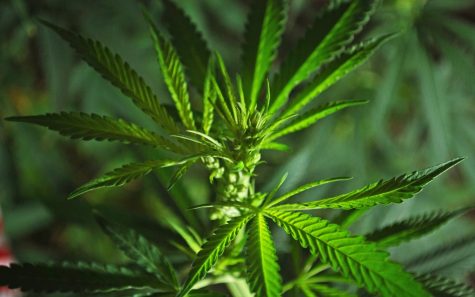
CBD activates TRPV1 receptors to protect against endometrial cancer
(Published February 13, 2018)
This study is also associated with cancer but this time, cancer of the uterus. Endometrial cancer is the proper term used to describe this type of cancer, of which scientists in Portugal tried to treat using THC and CBD.
High estrogen levels are linked to endometrial cancer. A female may develop high estrogen levels when they are going through hormone replacement therapy for menopause. Conversely, genetics could be the contributing factor. To conduct this study, scientists inspected cancerous cell lines inside a laboratory that had been exposed to high estrogen levels.
The scientists discovered how CBD was capable of killing most cancerous cells via TRPV1 receptor activation. The psychoactive compound THC did not have any effect on the cancerous cells. Since TRPV1 receptors are not activated by THC, this scientific research tells us that endometrial cancer may well respond positively to CBD-based treatments.

Double-blind, placebo-controlled study shows how THC amplifies the pain-relieving effects of opioids
(Published February 5, 2018)
Every year, opioid addiction is claiming thousands of lives in the U.S. alone. Cannabis has the potential to fight the opioid crisis, thanks to its pain-relieving effects. When cannabinoids like THC work in synergy with one another, patients can experience a higher level of pain-relief than they would if they only used opioids.
This was proven in a double-blinded, placebo-controlled study published in Neuropsychopharmacology. It focused on a combination of oxycodone (2.5mg-5mg) and THC (0% or 5.3%). When taken together, both types of medication substantially reduced pain. However, the drugs did not effectively minimize pain when used alone.
Why? Scientists believe it is because the CB1 receptor is activated by THC and the µ-opioid receptors are activated by the oxycodone. Evidence can be found elsewhere to prove how the effects of THC and opioids can be ameliorated by one another.
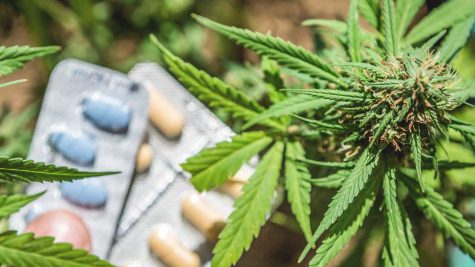
These peer-reviewed studies are just a few examples of what’s been unveiled to the public as part of scientific medical cannabis research in 2018. Each study will be added to an ever-expanding body of evidence to suggest cannabis’ efficacy (and diversity) as a medical treatment.



